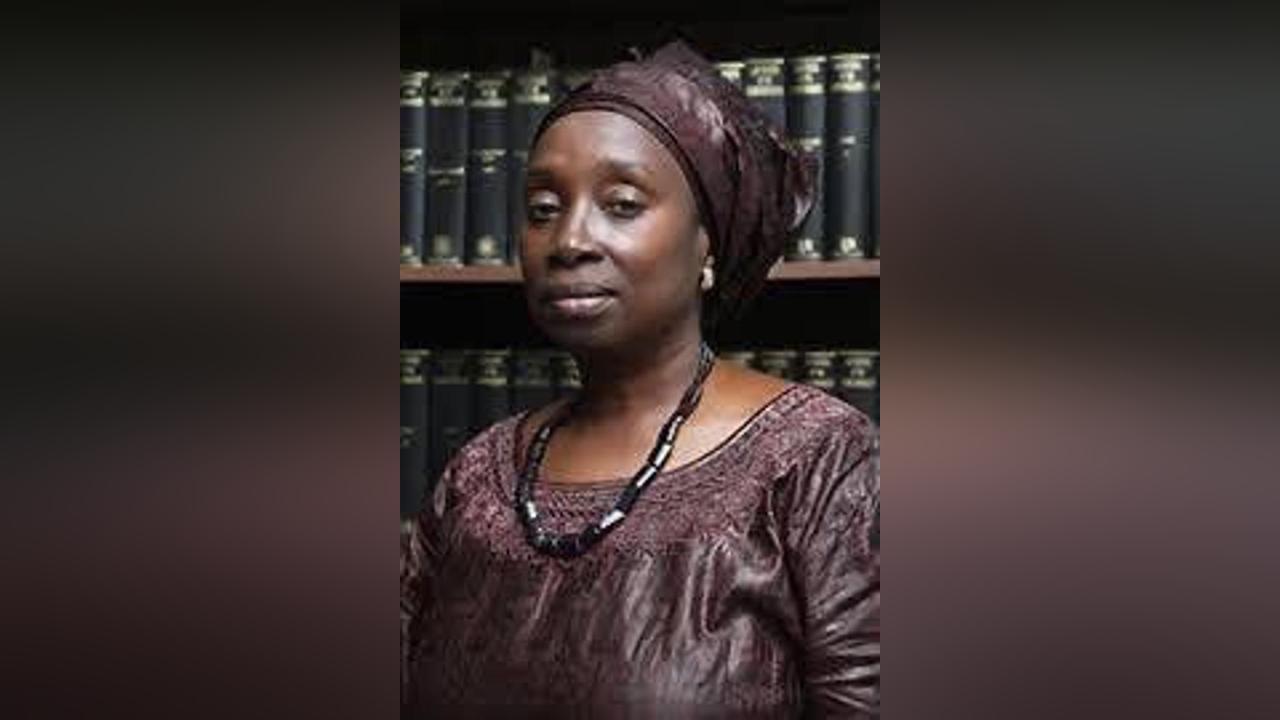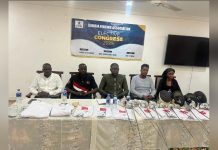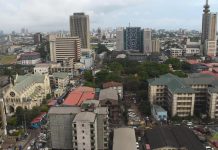Africa-Press – Gambia. Former Lead Counsel of the Janneh Commission, Amie Bensouda, has cautioned the National Assembly’s Special Committee investigating the sale and disposal of assets belonging to former President Yahya Jammeh, urging members to respect the legal boundaries of their oversight role.
Appearing before the committee on Friday, Bensouda said she was “uncomfortable” with attempts to recall former commissioners to justify decisions made during the inquiry, noting that the commission had long completed its mandate and its members were functus officio.
“I have a sense of discomfort in a committee of the National Assembly bringing back commissioners who are functus to ask them to explain what they did. It’s like the committee is setting itself up as a body that can review the work of the commission,” she said.
She reminded lawmakers that commissioners served voluntarily and that their decisions carry the force of law unless overturned through the proper appellate process.
“Insofar as the decisions of the commission of inquiry were concerned, they were appealable to the Gambia Court of Appeal, so if they are not appealed against, they are binding, and therefore nobody can overturn those decisions,” she said.
Bensouda further warned that subjecting commissioners to retrospective scrutiny could deter qualified individuals from accepting future appointments to public commissions. “We have to be careful that what we do does not operate or have the effect of becoming a disincentive to public citizens serving commissions of inquiry,” she cautioned.
However, Bensouda clarified that her own appearance before the committee was appropriate, given her paid role as counsel to the commission. “As far as the assets are concerned, that’s different. I am different. I’m not saying I shouldn’t be brought back because I was hired; I was being paid money to help the commission of inquiry. You can summon me and ask me questions. I have no problems with that,” she said.
She emphasized that orders issued by the Janneh Commission carry the same weight as court judgments and should not be revisited by parliamentary committees. “If the commission makes orders, it is just like a court; their order is the same, has the same effect as an order of a court, the judgment of a court,” she explained.
Bensouda concluded by urging the Committee to focus its investigations on how the Commission’s directives—particularly the sale of vehicles—were implemented by the responsible authorities, rather than probing the legality of the orders themselves.
“If they did make orders, and they did in terms of the sale of vehicles, I think those who are responsible should be investigated. How was it done? Who was responsible, rather than was the order proper? Because the order is binding,” she said.
For More News And Analysis About Gambia Follow Africa-Press






